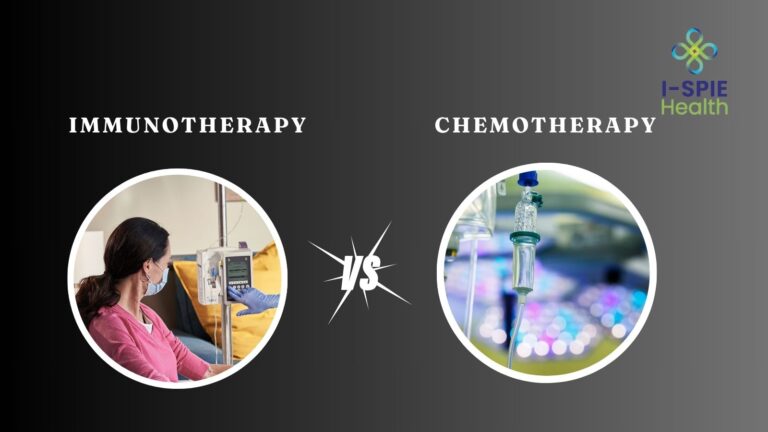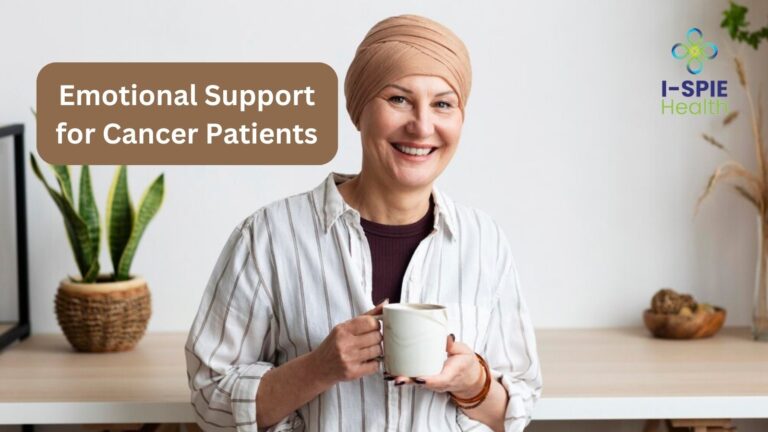In the realm of healthcare, cancer care stands out as an area that requires not just medical expertise but also compassionate support. Understanding the benefits of cancer care at home and the role of caregivers like Madhavi Parikh can significantly improve the quality of life for cancer patients and their families.
What is Cancer Care?
Cancer care encompasses a range of medical and supportive services aimed at diagnosing, treating, and managing cancer. It includes various treatments such as chemotherapy, radiation therapy, surgery, palliative care, and supportive care to alleviate symptoms and improve overall well-being. Moreover, the care will include pills, liquids, capsules, and more.
Benefits of Cancer Care at Home
Cancer care at home offers numerous advantages, including:
- Comfort and Familiarity: Being in a familiar environment can reduce stress and anxiety for patients, contributing to better outcomes.
- Personalized Care: Home-based care allows for personalized attention and tailored treatment plans based on individual needs.
- Family Involvement: Family members can actively participate in caregiving, providing emotional support and enhancing the patient’s experience.
- Cost-Effectiveness: Receiving care at home can be more affordable as it saves on costs associated with travel and accommodation
- Access to care: Home-based treatment can provide access to care for patients who live in remote areas or have mobility or transportation issues that make traveling to clinics difficult.
Types of Cancer Care at Home
Medical Care:
This entails a patient-centered approach that is tailored to the individual’s specific needs, such as medical procedures, therapies, and schedules, from doctors, advanced care practitioners (APPs), nurses, therapists, etc., to ensure comprehensive treatment.
Emotional Support:
Addressing the psychological and emotional challenges faced by cancer patients can significantly enhance their quality of life. This can include counseling sessions, therapy sessions to cope with anxiety or depression, and participation in support groups for mutual encouragement and understanding.
Nutritional Support
Nutritional support plays a vital role in maintaining the strength and well-being of cancer patients. This includes providing dietary guidance tailored to individual needs, recommending supplements if necessary, and monitoring nutritional intake to support overall health during treatment.
Palliative Care
It is focused on offering comprehensive support that focuses on relieving symptoms, offering emotional and spiritual support, and improving overall quality of life. It involves a multidisciplinary approach to address the physical, psychological, and social challenges related to cancer.
Taking your medication exactly as prescribed is crucial. Use a pill sorter to manage multiple doses throughout the day, and consult your cancer care team to ensure correct timing and handling. Keep all medications out of reach of others, as many oral cancer treatments require special care.
Who will Provide Cancer Care at Home?
Doctors, Advanced Practice Providers, and Nurses:
These medical professionals are pivotal in cancer care. They oversee treatment plans, monitor progress through regular check-ups and tests, and intervene with necessary medical procedures or adjustments to the treatment regimen. They provide expertise and guidance throughout the patient’s journey, ensuring the best possible outcomes.
Caregivers
Trained caregivers offer indispensable support by providing hands-on assistance with daily activities, medication management, and transportation to appointments. Additionally, they offer emotional support and companionship, fostering a sense of comfort and security for patients. Their dedication extends beyond mere medical duties, encompassing advocacy and a nurturing presence that contributes to the overall well-being of those receiving in-home cancer care.
Nutritionists
Dietitians play a crucial role in cancer treatment by offering tailored dietary guidance and support. They ensure patients receive optimal nutrition to maintain strength, support immune function, and manage treatment side effects. Their expertise contributes significantly to overall well-being and treatment effectiveness.
Therapists and Counselors
These professionals focus on addressing the emotional and psychological needs of cancer patients and their families. Through counseling sessions, various therapy techniques, and support groups, they help individuals cope with anxiety, depression, fear, and stress related to the diagnosis and treatment process. Their efforts promote mental well-being and resilience during challenging times.
The Role of a Cancer Caregiver
Cancer Caregivers play an essential role on the path to healing of their loved ones. They Provide:
- Physical Care: Assisting with daily activities, medication management, and transportation to medical appointments.
- Emotional Support: Offering a listening ear, encouragement, and empathy during challenging times.
- Advocacy: Acting as an advocate for patients, ensuring their needs are met within the complex healthcare system.
- Education: Providing information about the disease, treatment options, and self-care strategies.
- Respite Care: Arranging for temporary relief for primary caregivers to prevent burnout.
Looking for a Cancer Care at Home?
Madhavi Parikh, a dedicated cancer coach, offers personalized guidance tailored to individual needs. She empowers patients emotionally, provides self-care resources, advocates within the healthcare system, and addresses physical, emotional, and spiritual aspects of care.
Conclusion
Cancer care at home, guided by compassionate caregivers like Madhavi Parikh, offers a holistic approach to wellness treatment and support. By embracing personalized care, emotional empowerment, and comprehensive support services, we can enhance the quality of life for cancer patients and their families, fostering hope, resilience, and healing.
FAQ
What do cancer patients need most?
Cancer patients often need emotional support, personalized care, access to quality medical treatment, and assistance with managing symptoms and side effects.
How does one care for a cancer patient at home?
Caring for a cancer patient at home involves creating a comfortable environment, ensuring medication adherence, providing emotional support, helping with daily tasks, and coordinating with healthcare professionals for necessary treatments.
How can I arrange for in-home cancer care for myself or a loved one?
You can arrange for in-home cancer care through healthcare providers, hospitals, hospice organizations, or specialized home care agencies, who will assess needs and develop a personalized care plan.
What happens when you can’t afford cancer treatment?
If someone can’t afford cancer treatment, they may explore options such as financial assistance programs, charity organizations, clinical trials, or discussions with healthcare providers about affordable alternatives or payment plans. It’s essential to seek support and explore available resources to access necessary treatment and care.







4 Comments